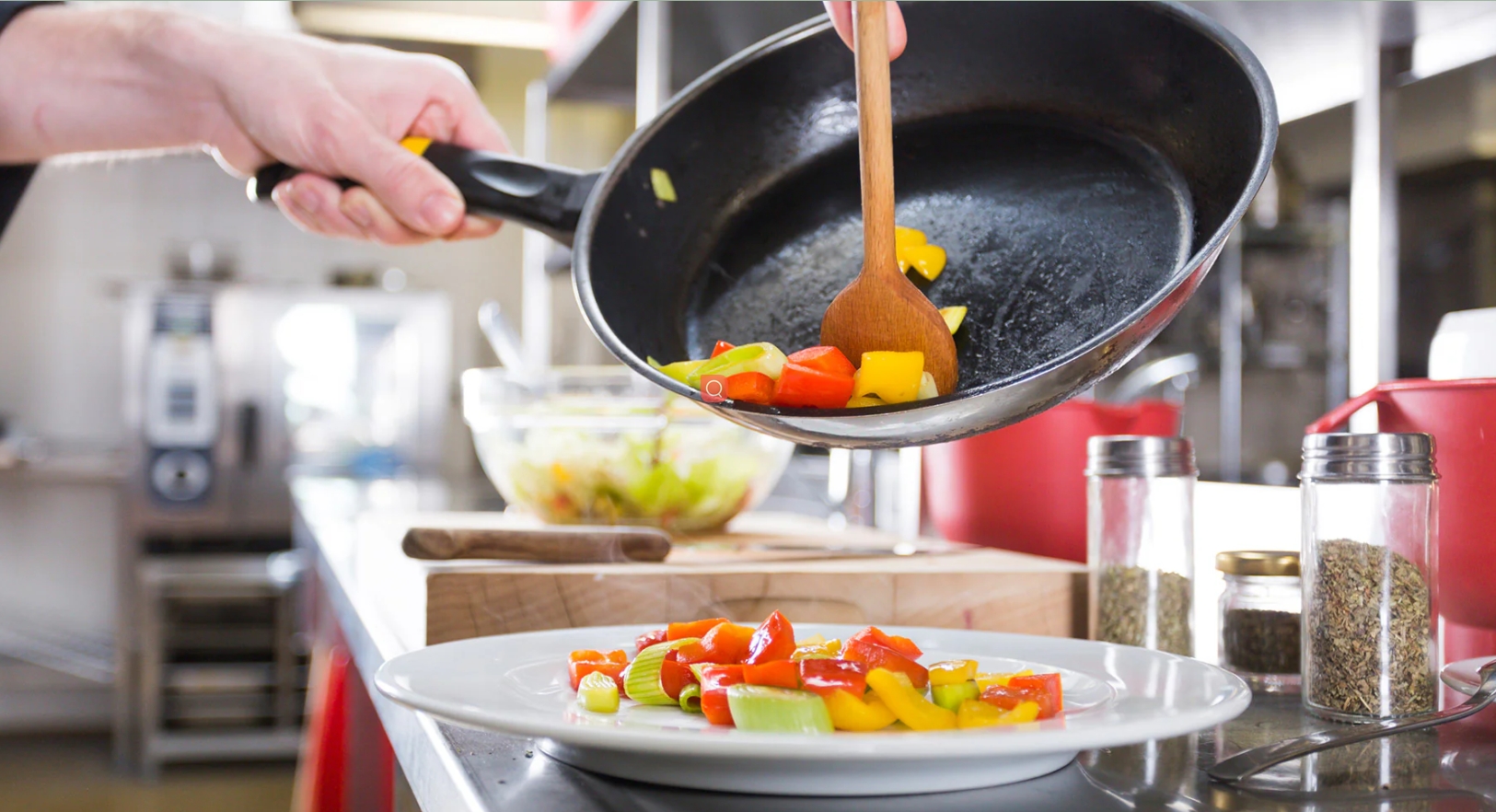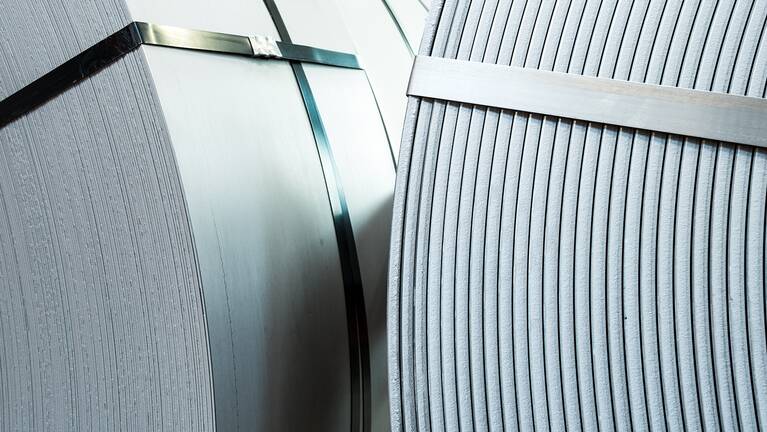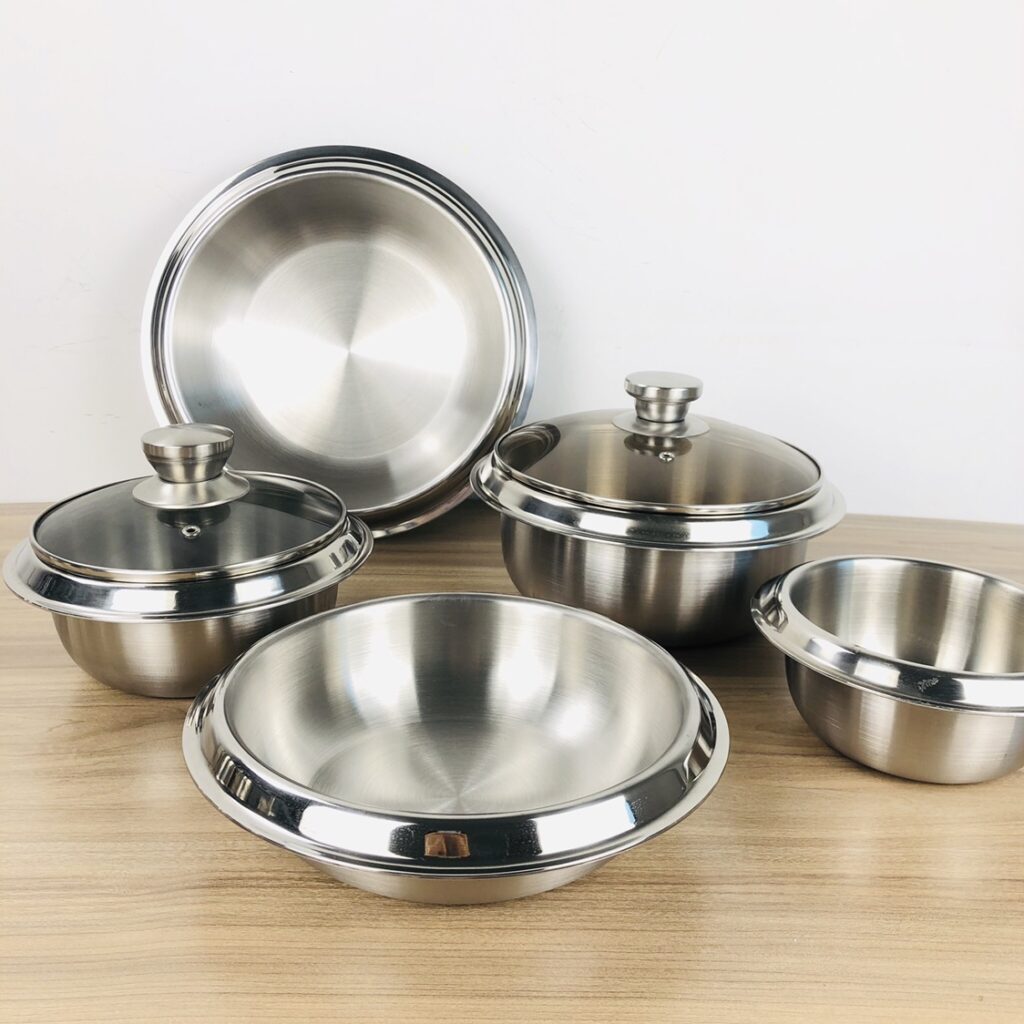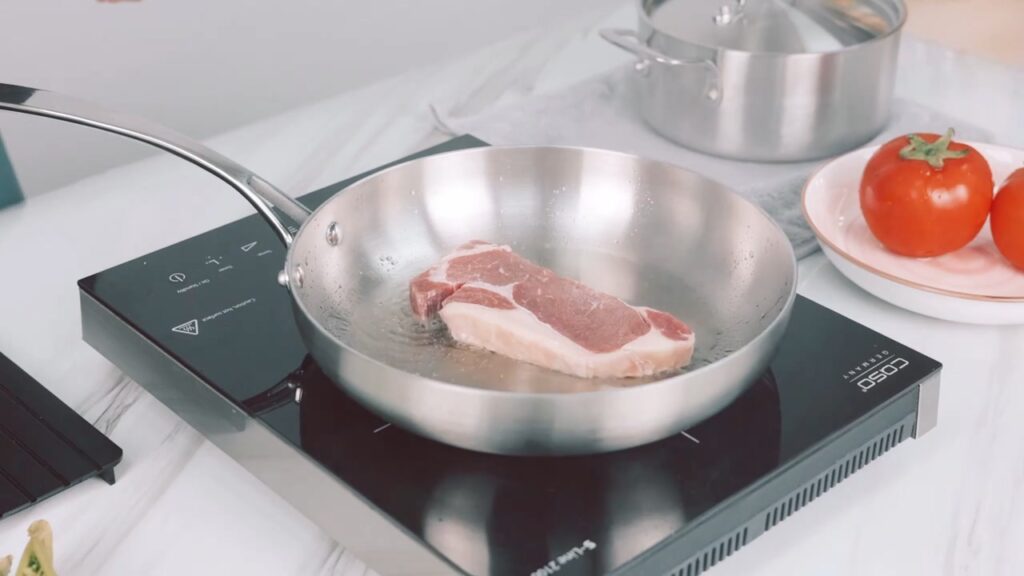Understanding Cookware Options
When it comes to selecting the right cookware, one of the primary decisions is whether to opt for non-stick-coated cookware or traditional uncoated pans. Each type has its own set of advantages and disadvantages, which can significantly affect your cooking experience.

The Benefits of Non-Stick Coating
Non-stick cookware is popular due to its ease of use and cleaning. The smooth surface helps prevent food from sticking, making cooking delicate items like eggs and pancakes a breeze. Moreover, non-stick pans often require less oil, promoting healthier cooking. However, it is essential to keep in mind that some non-stick coatings can wear out over time, necessitating replacement.
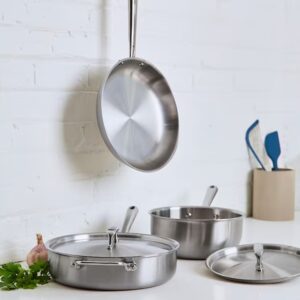
Advantages of Uncoated Cookware
On the other hand, uncoated cookware, such as stainless steel or cast iron, offers durability and the ability to withstand higher heat. These materials are excellent for searing, browning, and creating fond, which can enhance the flavor of your dishes. While uncoated options may require more maintenance, they are often dishwasher safe and can last for years, if not decades, when properly cared for.
Ultimately, the choice between non-stick and uncoated cookware will depend on your cooking style, preferences, and how you intend to use your kitchen tools. Both options have their merits; thus, evaluating your specific needs will lead you to the best decision.

